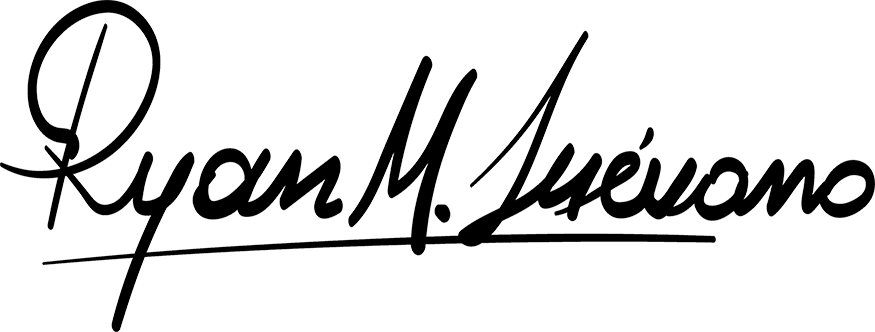ON PRESERVING PARADISE IN ‘PARADISE BLUE’
REVIEW: PARADISE BLUE
BY RYAN M. LUÉVANO
The Geffen Playhouse’s latest offering takes us into a world of smoky blue notes and noir milieu set in a jazz club in 1949 Detroit. Tony Award-nominated playwright Dominique Morisseau’s play Paradise Blue takes the stage in a production that is as vivid as it is a vital piece of theatre that communicates important messages regarding race relations, gentrification, gender roles, and the systemic and historical exploitation of African Americans.

Paradise Blue is the second installment in a trilogy called the “Detroit Projects” and follows the story Blue, a trumpeter and club owner, who grapples with whether he should sell his jazz club to the city and move somewhere else in an attempt to fulfill his desire to be a successful musician. His decision is complicated when a seductive stranger, Silver, arrives and disrupts the status quo for everyone at the Paradise Club.
Upon watching Morisseau’s play the influence of playwright August Wilson is evident is the best possible ways. The first act exposition seems to unfold like a slow blues groove—both the characters and the drama are not in a hurry. Much like Wilson, Morisseau asks audiences to immerse themselves in the world by asking us to sit inside it. And that’s exactly what happens in much of the first act. Here we sense the inner turmoil that plagues Blue in his quest to as Corn puts it, “…just […] be mighty but the world keep him small;” we see Pumpkin’s simple place as a caretaker who yearns for more than just “…folding up [her] little dreams”; we feel Corn’s weakness for love; we understand P-Sam’s simple drive to make music; and we finally we feel the weight of Silver’s bitter past thats made her a tough woman.

The unseen character in Paradise Blue is one of the most important as it acts as the antagonist of the play, that is: the system of white supremacy rooted in racism that is in the process of gentrifying the neighborhood of Paradise Valley, Detroit. This is the shadow that hangs over the play. The weight of this force is felt by every character. As the play progresses, especially the second act that moves at the speed of a Bop tune, Morisseau deftly brings all these characters to their breaking point. The play builds like this to its fateful tragic ending that upon closer inspection may just be a double-edged sword.

Stori Ayers’ direction brings the play to life on stage for a vibrant and meaningful production. The cast for Paradise Blue is superb from start to finish. Wendell B. Franklin’s (Blue) presence in every scene is wholly affecting—no matter what was happening before his entrance, he’s able to immediately inject the theatre with the inner turbulence of his character upon arrival. Tyla Abercrumbie as Silver is another eminent presence on stage. Abercrumbie is a master of body language, we understand her character from her first entrance, and we cannot look away. Shayna Small (Pumpkin) embodies a character that we can’t help but adore. Small floats through the play almost like a ghost honoring the staff role of her character, yet when it’s time to her to shine she finds the right angle for maximum sparkle.
Live theater is back indeed, and the Geffen Playhouse has done everything in their power to make the theatre going experience safe and accessible. Their current offering of Morisseau’s Paradise Blue is a rich and poignant production whose themes are just as relevant today at in the time in which this play occurs.

MORE INFORMATION:
PARADISE BLUE runs through December 12, 2021 at the Geffen Playhouse
TICKETS: https://www.geffenplayhouse.org/shows/paradise-blue/









